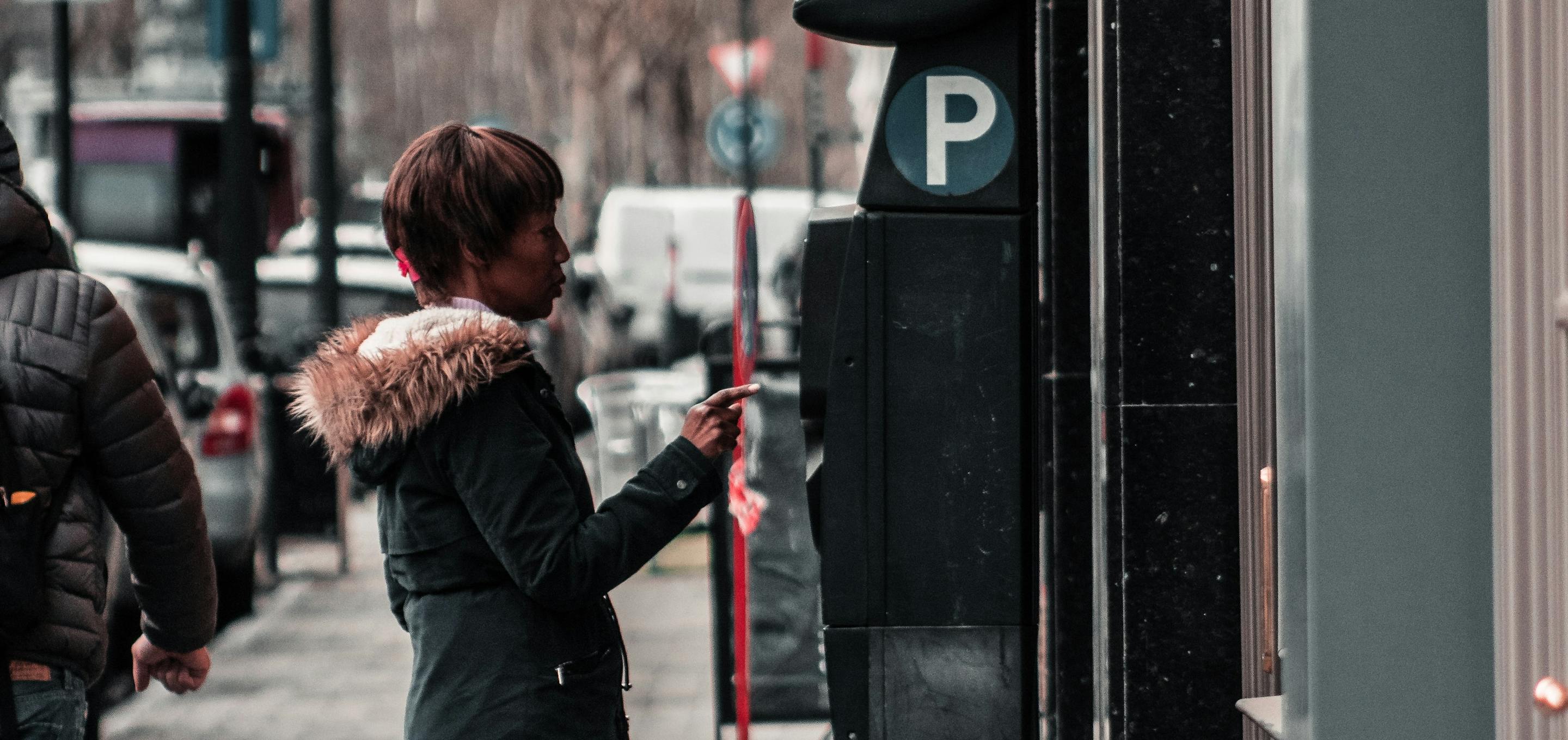
Public perceptions of parking

Mark Holmes
The British Parking Association (BPA) commissioned research company ICM Unlimited to find out what the public perceptions of parking were. The research was carried out between August and November 2019 through a combination of focus groups and online surveys reaching a combined total of 3007 UK residents.
Attitudes towards parking
Responses proved a mixed bag with less than half of respondents favourable about local on and off street parking particularly in high streets and hospitals. Concerns over costs and availability ranking highest. Contrastingly, favourable outcomes were reported for parking around supermarkets and leisure facilities where parking was often free and readily available.
There was good public support for measures aimed at reducing congestion and pollution. Over 50% of those surveyed said they would be prepared to walk 5-10 minutes from a parking space to the high street.
Importance of location
A number of factors come into play when deciding where to park, including cost, location, safety and size of parking space. People prefer parking that is close to their destination. The most common reasons why people are dissatisfied with local parking in high streets and hospitals is availability of spaces, cost and size of parking spaces. People are generally satisfied with local parking in supermarkets and retail parks.
Overall, the majority of people find a space within 5 minutes regardless of location. However, more than a third took more than 10 minutes to find a space in their local high street.
Paying for parking
Many people recognise that plentiful, safe, secure and spacious parking costs money and those accustomed to paying for parking are more favourable than those who are not.
Negative feelings occur when the public feel the cost of parking is too high and unfair especially in Hospitals and at workplaces.
Cost is not the single most important consideration. Space sizes and availability are also priorities. Issues to be dealt with include ensuring parking rules are obeyed and improving safety and security
Over 70% of respondents use cash to pay for parking at meters. This is more than double those who use a credit / debit card. Since Covid this relationship is expected to have shifted dramatically as people prefer not to handle cash or touch buttons on meters.
Technology to improve the parking experience
More people are positive than negative about technology in parking. Most favourable are automatic barrier or barrier free car parks with automatic number plate recognition (ANPR). Surprisingly, this is followed by meters that require entering a car registration and then more understandable barriers that require a ticket or token to exit.
Interestingly, the report doesn't comment on the use of parking applications such as RingGo, Just Park and others, which can make parking management significantly easier for motorists.
Measures to reduce congestion and obstacles
Respondents were asked to rank seven aspects of parking in order of importance. The most important issue that needs addressing with over a quarter of respondents highlighting it, is congestion caused by the school run.
Other issues include, parking across bays, pavement parking, parking too close to a junction and criminal activity. Surprisingly, parking that obstructs entrances and exits as well as cars moving slowly while looking for a space are much lower down the priority list.
Parking myths
Over half of respondents falsely believed that traffic wardens, traffic attendants and civil enforcement officers have to work to strict targets. Some people believe they get commission for issuing tickets. The truth is that guidance and legislation states that this practise if both unlawful and unacceptable.
Another false impression is that respondents didn't believe there is a 10 minute grace period beyond the paid period before enforcement can take place. This applies to where parking is invited e.g. multi storey car parks etc.
Are parking tickets fair and necessary?
Overall the respondents of the survey were more likely to agree than disagree that parking enforcement is necessary to prevent motorists from breaking the rules at a parking location.
The vast majority of people who have received a ticket describe the wording as easy to understand. However, traffic wardens, parking attendants and Civil Enforcement Officers receive considerable criticism from motorists who have been issued a ticket.
Overall the ticketing and appeals process was found to be fair. In 2012 the BPA launched an independent appeals service for tickets issued by their members on private land.